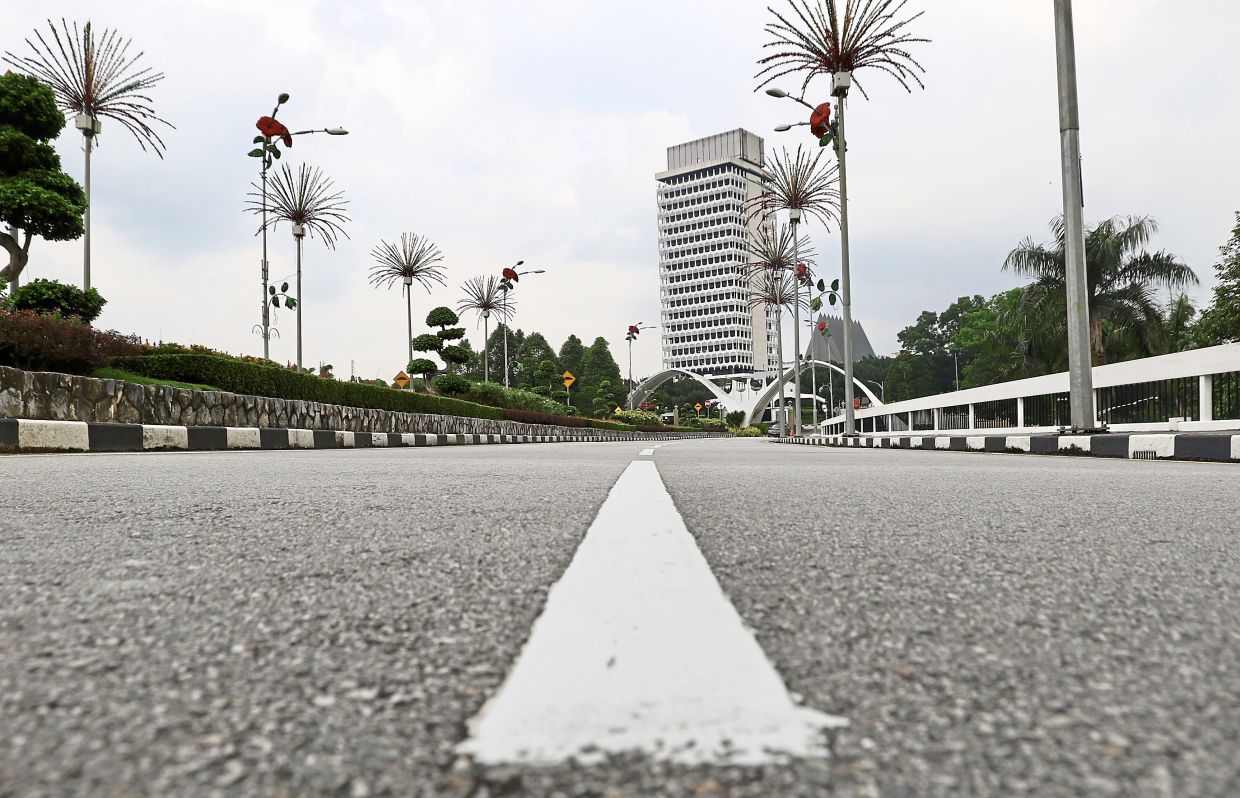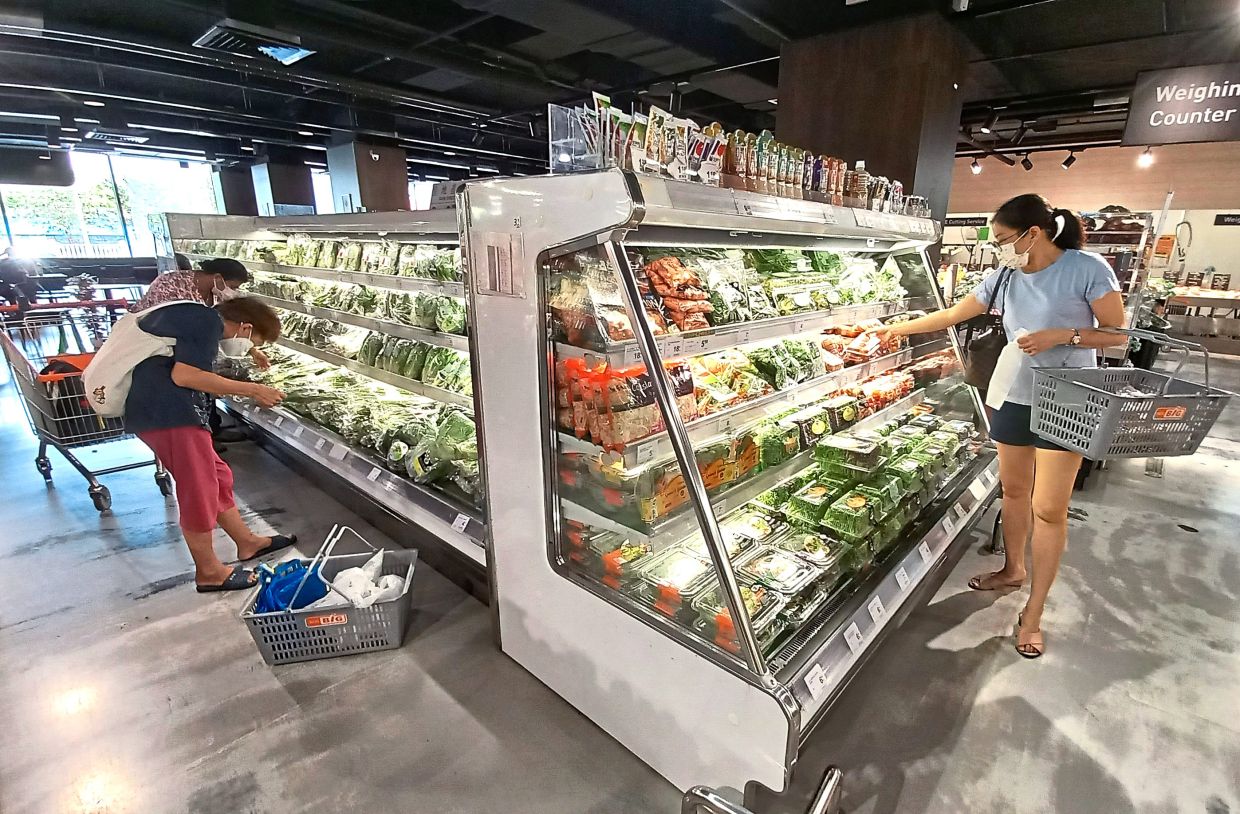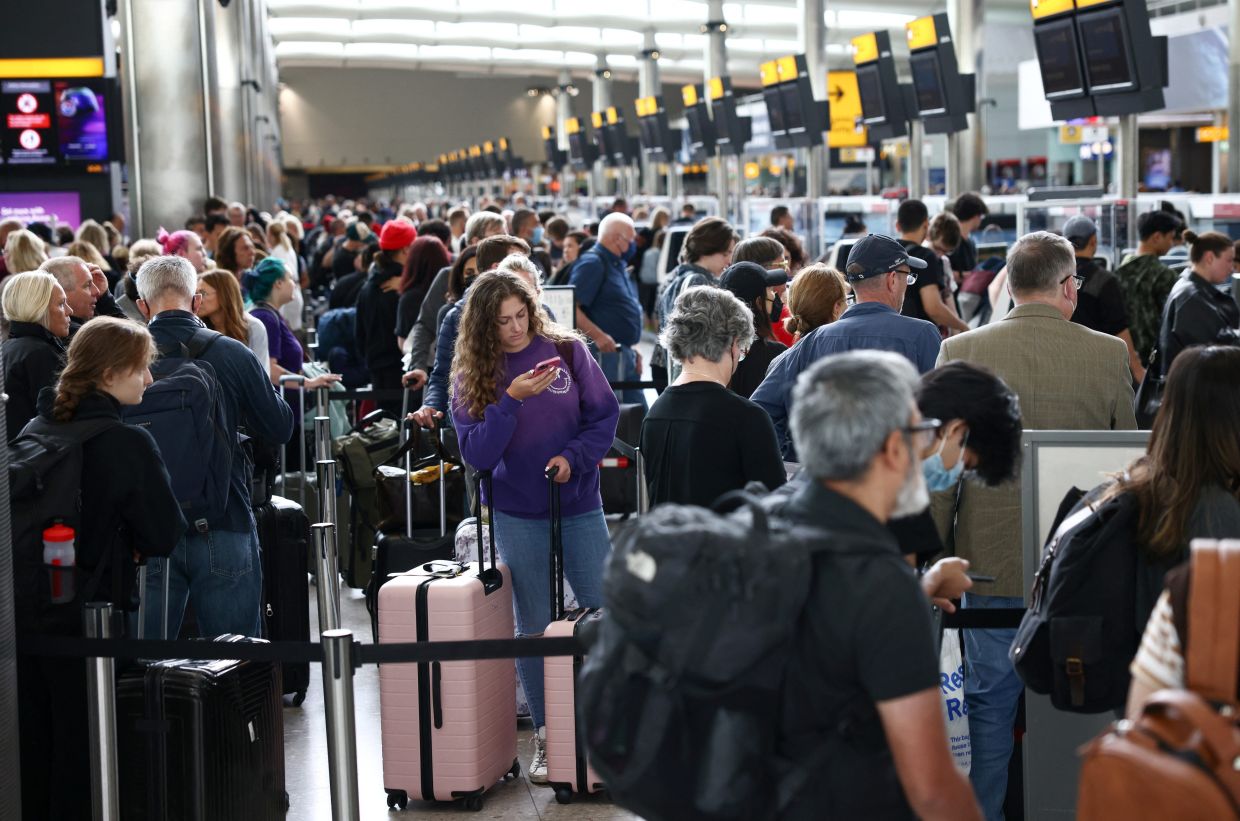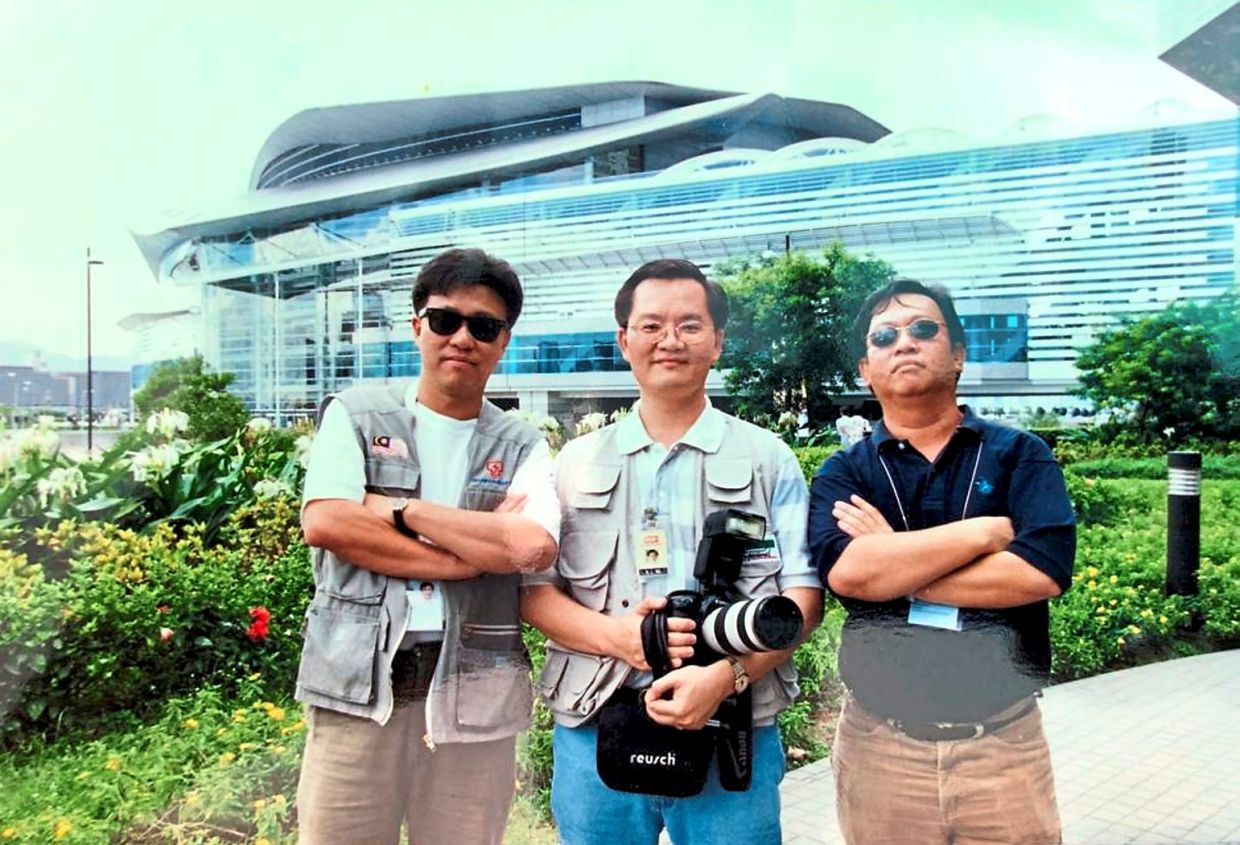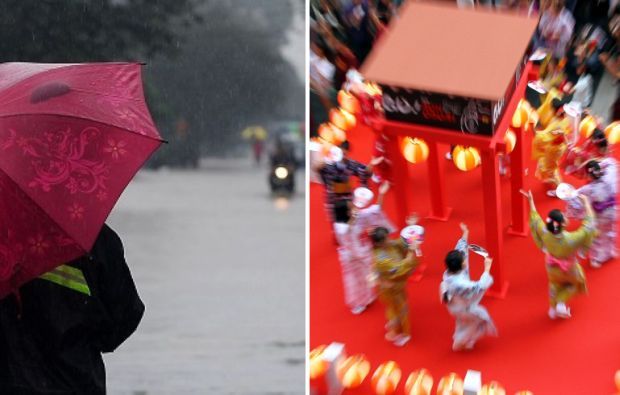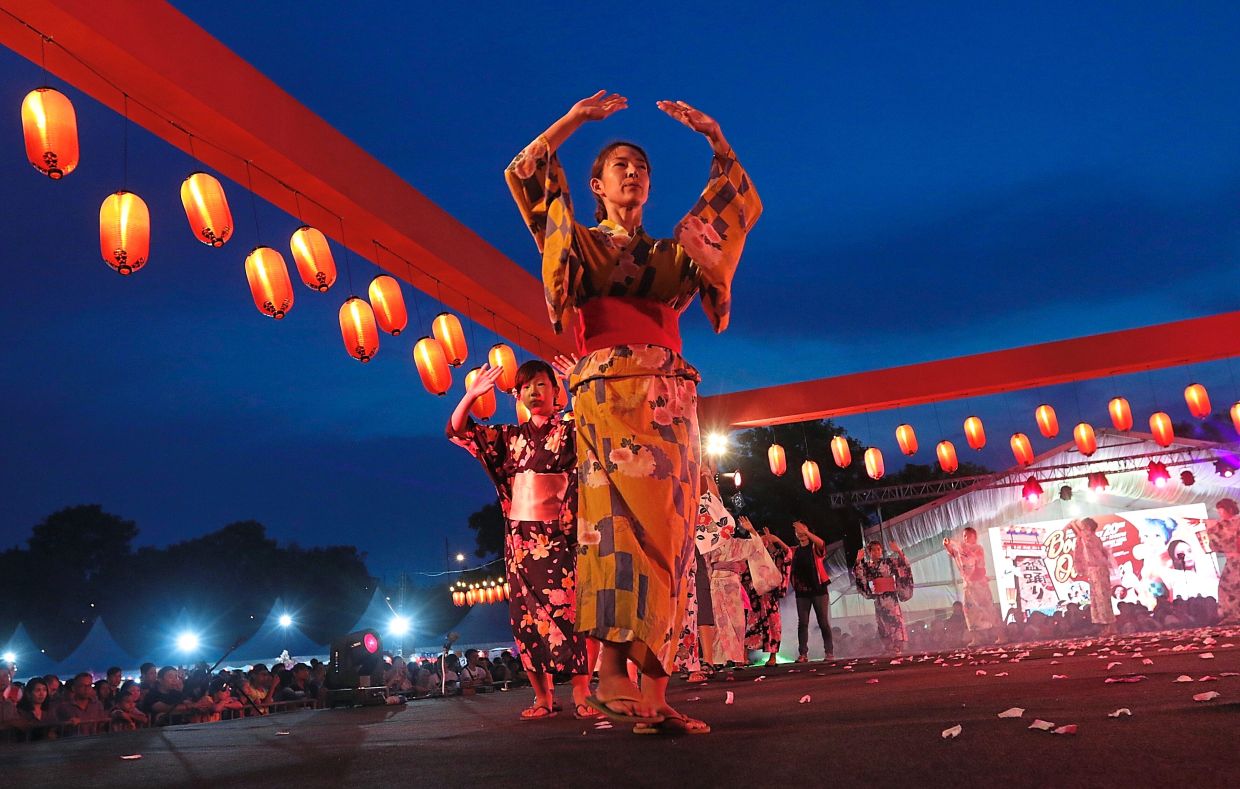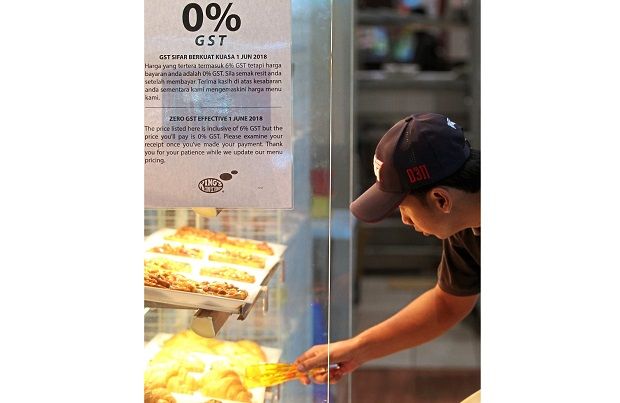
LET’S get tough. The so-called heirs of the self-proclaimed Sultan of Sulu do not deserve a single sen from Malaysia, especially after the Lahad Datu incursion in Sabah in 2013.
The government is right in halting the annual RM5,300 compensation to these people!
In the first place, the compensation was merely a “gentlemen’s agreement” made in 1963 after the formation of Malaysia where this was agreed.
It came with one caveat – that the Sulu heirs did not harass Malaysia with their claims.
But this has been clearly broken and their claim to the existing Sabah is now a mere moot point. It serves little purpose because Sabah agreed to form Malaysia, along with Sarawak.
The Sultan of Sulu and their heirs do not even administer any region in the Philippines, and legally have not existed since 1915 and the last recognised Sultan died in 1936.
In the Lahad Datu attacks that started on Feb 11, 2013, and ended only on March 24, 2013, 235 armed intruders from the nearby Philippines breached Kampung Tanduo, Lahad Datu, as well as Semporna, Kunak and Tawau in eastern Sabah.
These vicious killers arrived by boat from Simunul island, Tawi Tawi, in southern Philippines.
Calling themselves the “Royal Security Forces of the Sultanate of Sulu and North Borneo,” they were sent by Jamalul Kiram III, one of the claimants to the throne of the Sultanate of Sulu.
At the end of the stand-off, around 56 militants were killed, together with six civilians and 10 Malaysian security force personnel.
Joining my colleagues who were covering the invasion, I arrived at a Semporna water village, where there are at least 300 homes standing on stilts. Some of the villagers were suspected of providing support to the terrorists.
The Filipinos beheaded two of our men in this village and carried out extremely cruel, gruesome acts on our men before killing them. They also gouged out the eyes of one of their victims.
The scene of the killing was still covered with spatters of fresh blood and remains of human tissues were on the ground.
At Lahad Datu, The Star photographer Normimie Diun, who was in a thick palm oil estate, where the attackers were hiding, was even reportedly shot at.
In 2018, the Federal Court upheld the death sentence of nine Filipino men charged with waging war against the Yang di-Pertuan Agong during the 2013 assault.
One of the nine was Datu Amirbahar Hushin Kiram, the son of Esmail Kiram, the brother of the late Jamalul, the self-proclaimed Sultan of Sulu.
Fast forward to 2022 – one of eight claimants, in their legal battle against Malaysia now, is Sheramar T. Kiram – a daughter of Jamalul Kiram III. There are seven other Kiram members in the claims.
There is certainly a link between the heirs, attackers and claimants, from a family lineage point of view.
For the record, Datu is not Datuk, even if there are Filipinos who conferred dubious Datukship on Malaysians, and there are two previous Jamalul Kiram’s who have passed away.
Now comes another point – who is actually paying the legal bills of these claims?
The entire so-called legal process, led by Spanish arbitrator Gonzalo Stampa, was doubtful and questionable.
He has tried to get the claims heard in the United Kingdom, but it was ignored, rightfully, before peddling for a judgement in Spain and then France.
The French arbitration in February ordered Putrajaya to pay at least US$14.93mil (RM62.5mil) to these descendants of the Sulu King but early this month, the Paris Court of Appeal granted leave to Malaysia’s application to suspend the ruling.
It is preposterous that they have taken their case overseas and even obtained a hearing. Spain was chosen, presumably, because the Philippines were colonised by the Spaniards at one time.
Imagine this scenario – former colonists from Europe to the US, getting claims from people or nations they have invaded, or closer to home, the disputes over the South China Sea, where every claimant country produces ancient documents to back their arguments.
As journalist Sholto Byrnes rightly wrote, “in short, the heirs were lucky to receive cession payments for a land that may never have been theirs to begin with for so long.”
He claimed that, however, the heirs’ lawyers were believed to be backed by “a major litigation fund in London” and “can pick from the other 167 jurisdictions that are a party to the New York Convention on arbitration, and then Malaysia will have to show up and say we have a stay from the Paris Court of Appeal,” he wrote, quoting a source.
”What this bizarre story shows, however, is that while colonialism may be long gone, its legacy can still be exploited,” Byrnes added.
In Malaysia, the issue has taken a new dimension. Instead of coming together to take on these heirs, our politicians are busy blaming each other over the case.
PKR has blamed Datuk Seri Najib Razak while Barisan Nasional has pointed fingers at former attorney general Tan Sri Tommy Thomas, who was appointed during the Pakatan Harapan administration.
But more worrisome, more so if you are Sabahan, is that our coastal lines in the state are still exposed, especially the waters of the Sulu Sea and Sulawesi, and in the Mindanao area, it remains a hotbed of Islamic radicalism.
In 1996, Semporna was attacked twice, which included an assault on its police station by 10-20 heavily armed pirates and in 2000, Abu Sayyaf militants kidnapped 21 people from Sipadan resort island.
The Philippines and Sabah are so close that in some coastal villages, one can see each other standing on other side.
At the Danggan Tungku fishing village, one can look across and see Sibutu, which is one of the Tawi-Tawi islands.
Now, that explains why Sabahans are angry that in the 1980s, under Project IC, foreigners were naturalised and given the blue identity cards to be regarded as Malaysians, and these people have remained in Sabah.
Let’s hope that the Members of Parliament who attended the closed-door meeting on the Sulu heirs’ claims were given a proper briefing by our authorities.
It’s better that our lawmakers, regardless of their political affiliations, work together as the sovereignty of the country is being challenged. No one should impose anything on us.


